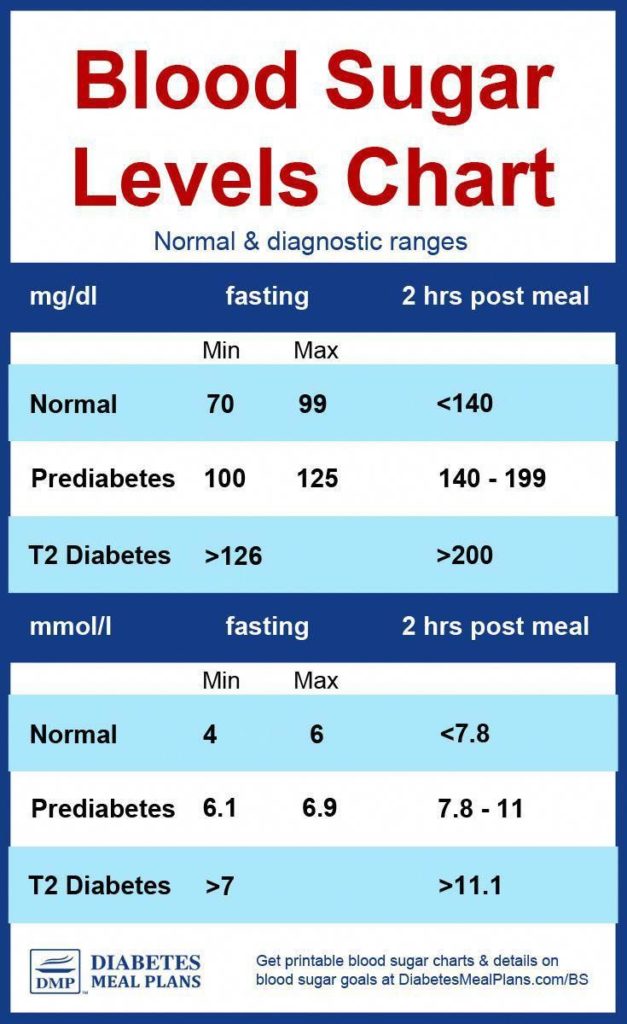The very first question a newly diagnosed diabetic person asks is regarding their blood sugar levels, whether it’s normal, too high or low? The blood sugar levels of a person vary depending on personal health, nutrition & lifestyle. Managing blood sugar is the apex of diabetes management. High blood sugar can cause many health complications.
Understanding blood sugar levels & how to manage normal blood sugar is very essential.
What is blood sugar or blood glucose?
Glucose is an important source of energy for our bodies. Our brain & nerves need a constant supply of glucose. Glucose is quickly turned into energy by our body for the food we eat.
When we eat, the carbohydrates in our food turns into usable energy called glucose. The glucose or sugar enters our bloodstream and the insulin helps move into the cells.
The insulin acts as a medium in allowing sugar to transport from blood to the cells. The cells use sugar for energy, making blood sugar levels come down.
A person with diabetes has a problem with pancreas not producing desired insulin or the cells using insulin or both.
There are three types of Diabetes.
- Type 1 Diabetes when the body stops making insulin.
- Type 2 Diabetes when the pancreas doesn’t make insulin & the cells do not use insulin well.
- Pre-diabetes is when the cells do not use insulin well.
Pregnant women may develop gestational diabetes during the second or third trimester of pregnancy.
How & When to check blood glucose levels?
The blood glucose monitor can help check blood glucose with the help of your blood sample. Insert the testing strip into the electronic glucose meter / glucomoeter. Glucometer provides you the digital readout of the current sugar level.
Another device is a continuous glucose monitor. This can be done with the help of a small wire inserted beneath the skin of your abdomen. Every five minutes, the monitor worn on the clothing gives you the results.
The best time to check glucose levels varies from person to person.
Some of the best time is:
- Before all the meals
- During bedtime
- After waking up
- After fasting (not eating straight for 8-12 hours)
Target blood sugar levels
Though there is no universal blood sugar chart for everyone as the sugar levels can vary from person to person depending on age, lifestyle, diet, and other factors.
However, the American Diabetes Organisation (ADA) & American Association of Clinical Endocrinologists (AADA) have provided guidelines for target blood sugar levels. The blood glucose levels are measured in milligrams per decilitre (mg/dL).

What to do if blood sugar levels are high?
A well-established treatment plan with your doctor can help will help keep blood sugar level normal. Here are a few factors which can make blood glucose high:
- Consuming more carbs
- Less physical activity
- Dehydration
- Sickness, stress or pain
- Not taking enough insulin or medications.
- Menstrual periods
To combat high blood sugar levels there are medications that will help reduce sugar levels. Your doctor may prescribe insulin to reduce glucose levels quickly. A persistently high level of glucose may cause serious complications. Consulting your doctor with the sugar levels will help them personalise a target blood sugar target to meet your needs.
The eating plan for Diabetes
The foods we eat have a direct impact on glucose levels. Improper eating habits can cause a spike & dip in glucose levels, making it difficult to stabilise.
Have regular meals, and include healthy carbohydrates, fiber-rich and lean proteins in your diet.
Include Healthy carb foods
- Fruits
- Whole grains
- Beans
- Vegetables & salads
Include healthy fats like nuts, avocados, olives can help maintain a balanced diet.
Avoid foods which are high in
- Sugar
- Trans-fat
- Calories
- Sodium
- Cholesterol
Avoiding the foods that increase your blood sugar levels can help keep you healthy & fit. Choosing a healthy substitute for these foods can help to keep blood sugar levels in moderation.
Apart from healthy foods, regular exercise in your daily regime will keep you fit. Consult your doctor & work on a plan accordingly. Making changes in your daily habits will take a long way in maintaining moderate blood sugar levels.





